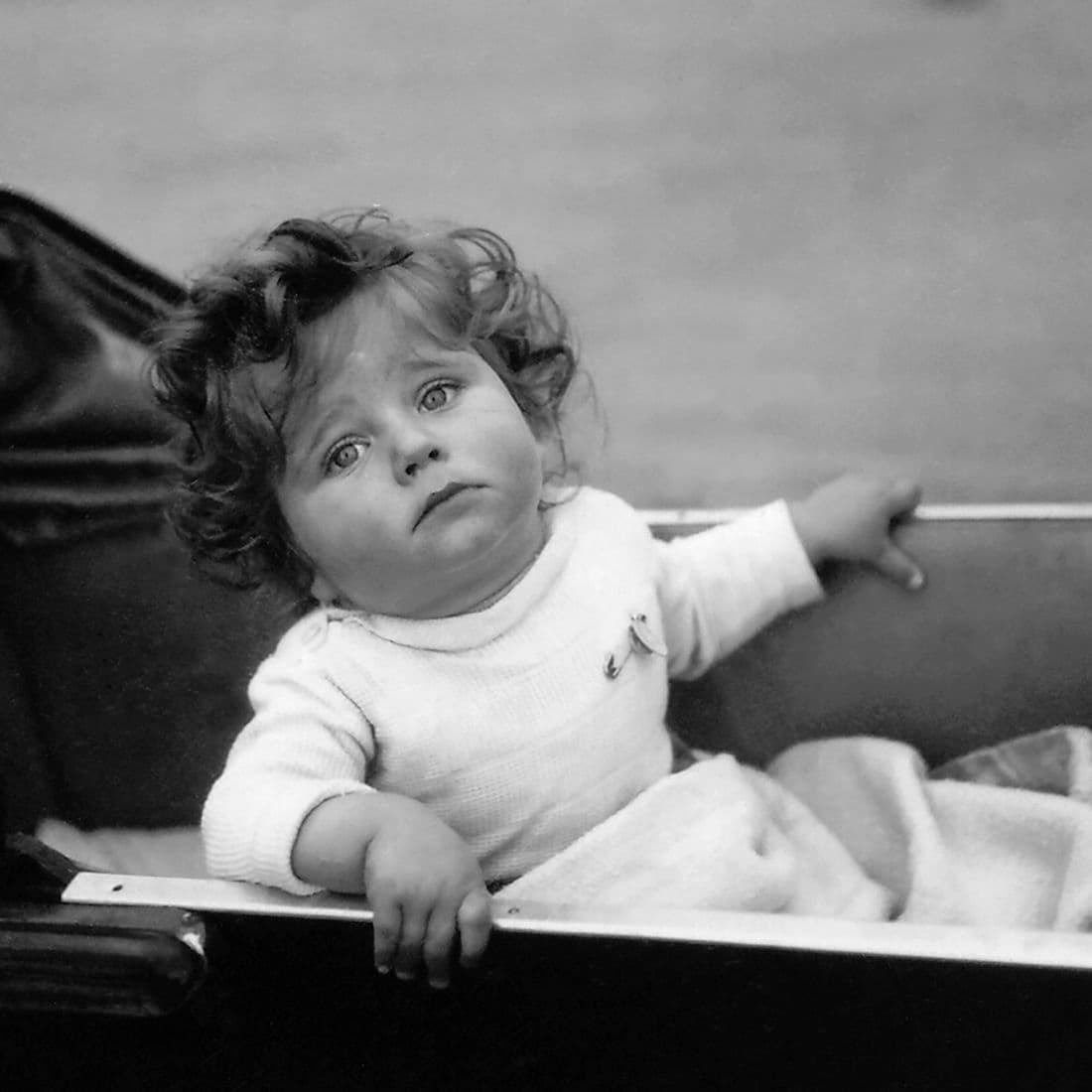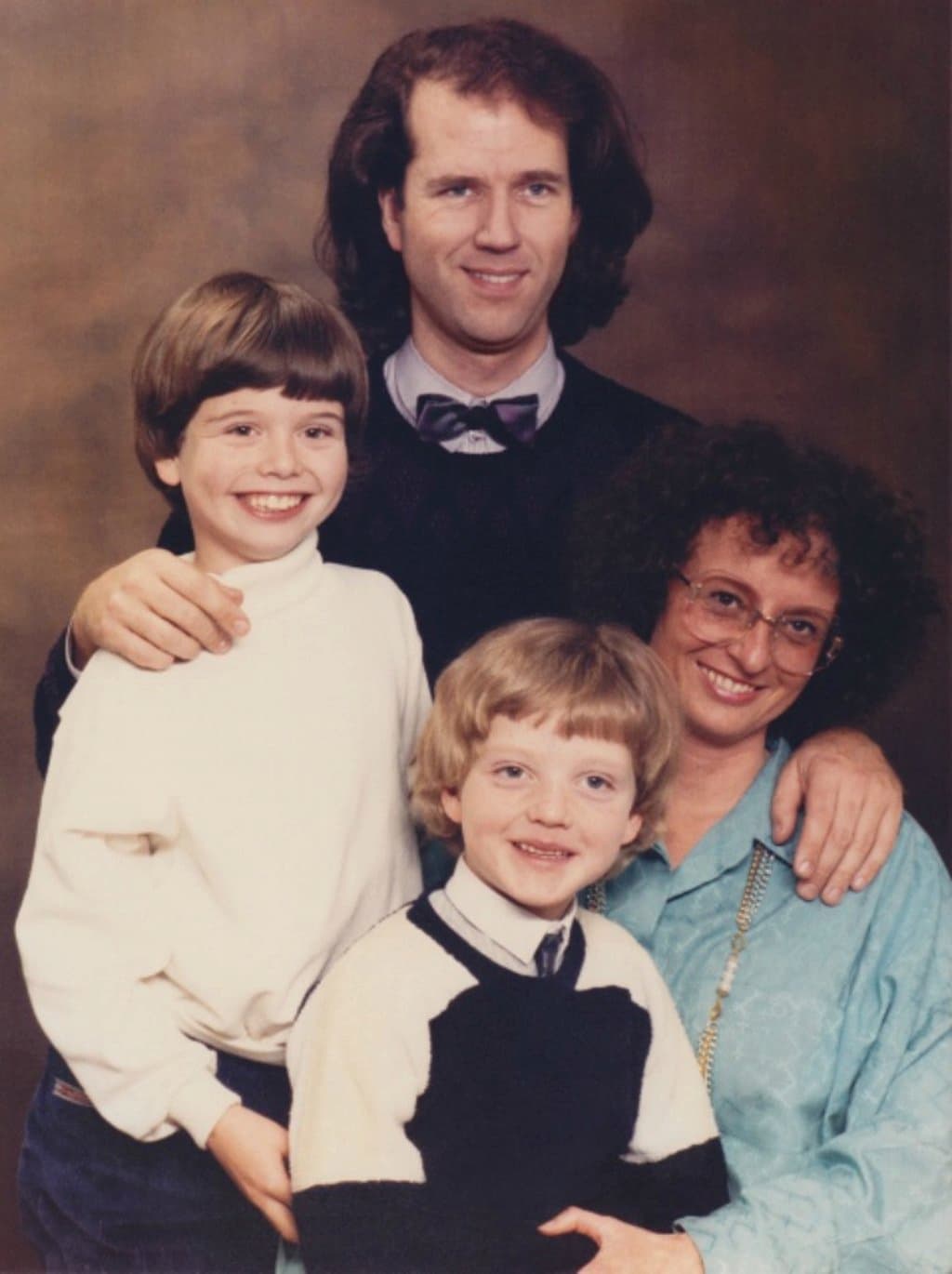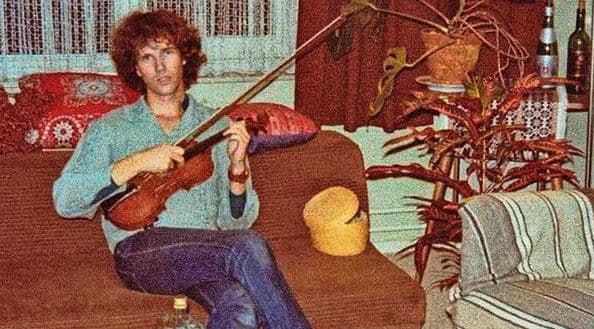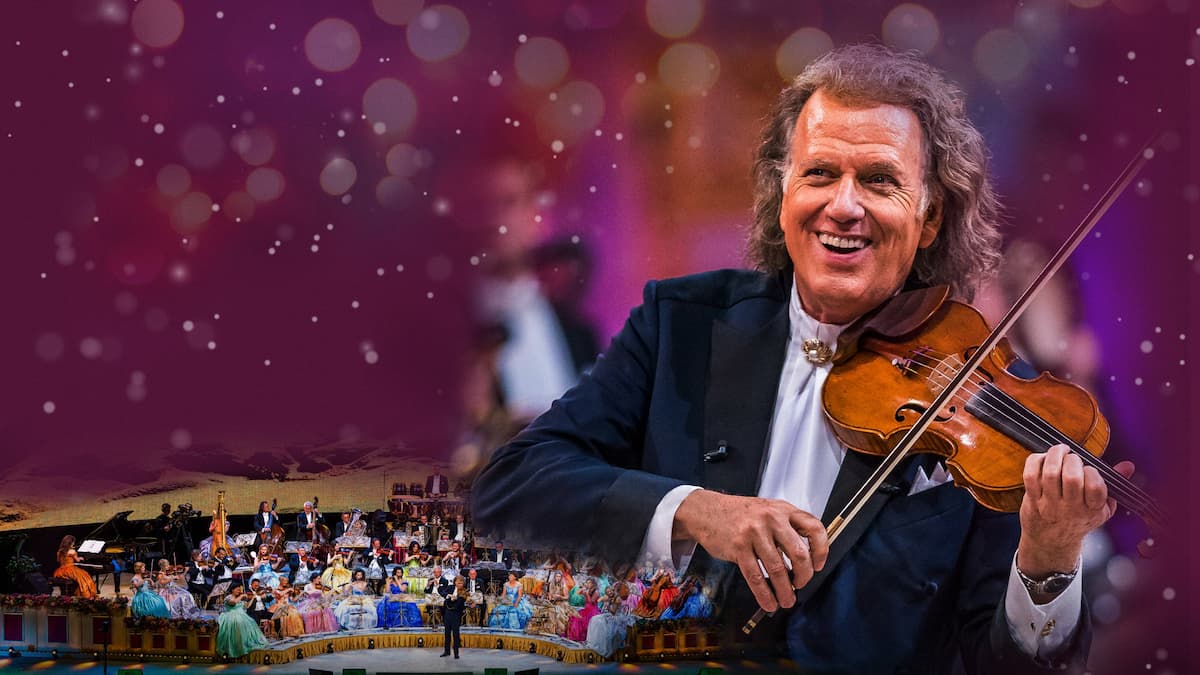André Rieu is one of today’s most successful classical performing artists. In fact, he is one of the most successful touring artists in the world, easily outselling most popular music acts. Rieu founded the Johann Strauss Orchestra, the largest private orchestra in the world, in 1987. His around-the-world tours are vast productions, and frequently take place in open-air settings. According to Rieu, his “concerts are about joy and love, and the programmes chosen by heart,” as he is equally fascinated by the music of Johann Strauss, Andrew Lloyd Webber, and Bruce Springsteen.
André Rieu/Johann Strauss Orchestra perform Léhàr’s “Gold and Silver”
Childhood and Early Music Education

André Rieu as a toddler
André was born on 1 October 1949, as the third of six children, into a highly musical family. His father was a professional conductor with the Maastricht Symphony Orchestra, and all his brothers and sisters used to play one or more instruments. He recalls that his mother thought that the violin would suit him best. “And she was correct. There is no other instrument in the whole world that is capable of translating my inner feelings.”
Encouraged by his father, André started taking violin lessons at the age of five. According to André, he had great difficulty concentrating at the beginning, “because my violin teacher was so beautiful and so blonde that I fell in love with her and stared at her all the time instead of listening to her instruction.”
André Rieu ft. Los Del Rio’s “Macarena”
Tensions at Home

André Rieu’s family
The young violinist, despite various distractions, progressed rapidly and continued his violin studies at the Conservatoire Royal in Liège and at the Conservatorium Maastricht. By 1974 he was enrolled at the conservatoire in Brussels, receiving instruction from André Gertier. Gertier drew students from all over the world, but he had a talent “for blustering around the class like a loose cannon. If he didn’t like your playing, he’d launch into a tirade, heaping abuse on you and not stopping till he had torn you to pieces.”
In addition, André experienced significant tension at home. His parents ruled the home with an iron fist, and André doesn’t remember his father as a light and lovely person. “He was very severe and always kept his head in his scores; I had to become a serious professional musician, it was impossible to do anything else.” At the age of 11, André first met Marjorie Kochmann, and even at that young age, he “knew that she was the one.” While André was still a student, they connected again and according to Marjorie, “He was the embodiment of my romantic ideal of the lovable, intelligent but very poor student.”
André Rieu/Johann Strauss Orchestra perform Kálmán’s “Komm Zigáni spiel auf”
Bohemian Dreams

André Rieu as a student
When André brought Marjorie home for the first time, introducing her as his bride-to-be, his mother sent Marjorie home and told her son to go and clean up his room. In addition, his father was outraged that André was looking to perform in a salon orchestra and said, “Ah, I didn’t educate you to do waltzes!” When André decided to establish his own life and career, the bond with his parents was forever disrupted. Neither his mother nor his father ever attended any of his concerts, and it took four years of therapy for André to learn how to deal with his childhood trauma.
André did complete his musical training at the Royal Conservatory of Brussels with distinction in 1977, but he was unsure of the career direction to take. Marjorie was bringing home the bacon as a language teacher, and André dreamt of opening the “Pizzeria da André,” with a special item on the menu called “Pizza Paganini,” when he would come to the table and personally serenade guests with a piece by Paganini.
André Rieu/Johann Strauss Orchestra Perform “Adagio in G minor”
The Salon Orchestra

André Rieu, 2023
By sheer coincidence, André met a former classmate in 1978, and he was eventually asked to join a salon orchestra, a six-piece orchestra consisting of two violins, a viola, a cello, a double bass, and a piano to play light music at parties. It was there he first played the waltz “Gold and Silber” by Franz Léhàr. “What a revelation it was! I was immediately spellbound by that beat which, years later, has almost become the rhythm of my life.”
André had listened to the waltzes of Strauss and Léhàr when his father conducted them around Carnival and New Year’s. His father always spoke of Johann Strauss with the deepest respect and even called him a genius. “While studying at the conservatory, however, I often noticed that his music was not taken very seriously in classical circles…Too often Strauss’ music is looked down upon, and many people are very condescending, which I still find completely incomprehensible.” With financial help from Marjorie, André established his own orchestra to fulfill his dream “of making the whole of classical music accessible for everyone.”
For more of the best in classical music, sign up for our E-Newsletter

It was so beautiful to read the story about Andre Rieu from beginning to now
Very well written, and so interesting. It’s like as if u. r one of the family just talking about him makes me understand all about the little family.